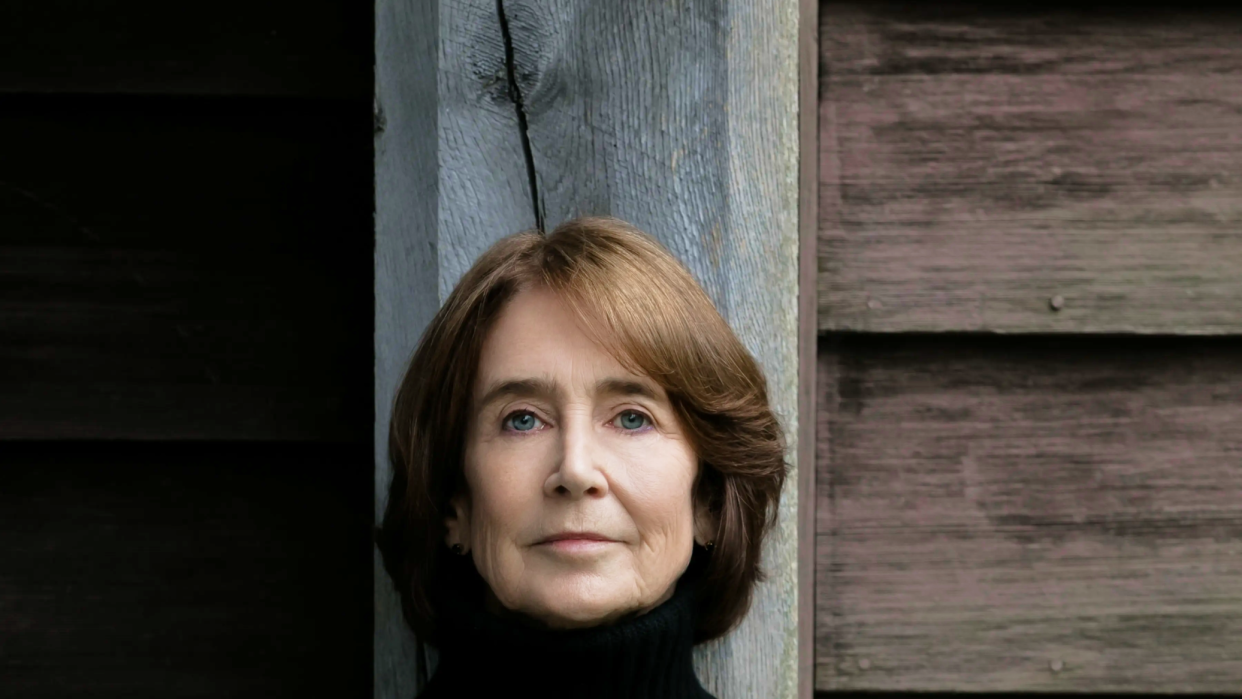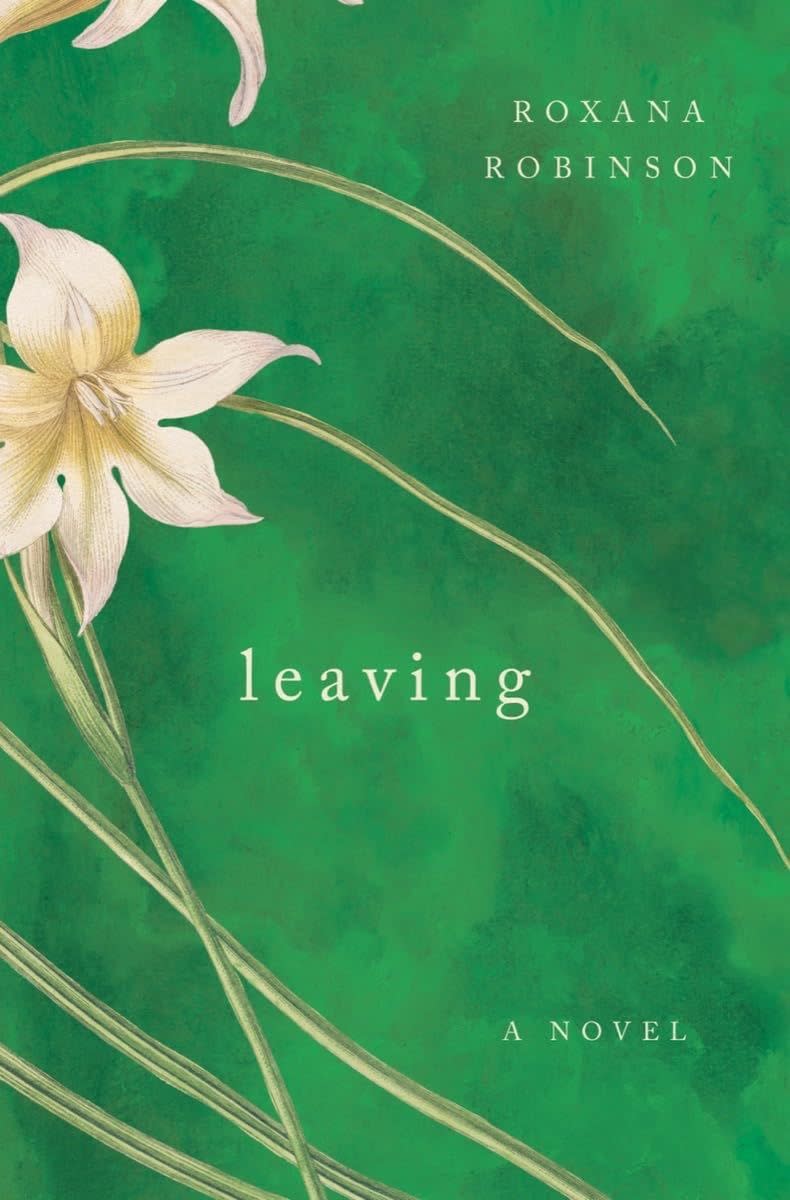Your Daughter Has Become a Mother—Now Who’s in Charge?

"Hearst Magazines and Yahoo may earn commission or revenue on some items through these links."
“You never stop being a mother.”
I remember my mother saying this.
When I was a child, I didn’t know why she said it. I knew that she would always be my mother. I knew that motherhood was permanent; I knew our relationship would never change. But being a child is only partly permanent; it’s also partly transitional. The word means not only “offspring” but “young,” and you will always be offspring, but you will not always be young.
As a teenager, I chafed at her relentlessly maternal aspect. I was no longer a child. Why did she still insist on being a mother? I wouldn’t understand until I became a mother myself.
Motherhood creates a new self, driven by urgent, primal responsibility. Suddenly you are holding a hot, screaming, desperate baby, whose cries deliver electric shocks to your nervous system. She will die if you don’t care for her. You are the first responder to everything: the high fever, the hot stove, the rusty nail. You choose her food, her clothes, her books, her bedtime. You are in charge of her life. You are at the center of it.
But what happens when your daughter becomes an adult? With her own separate life? With her own house and her own spouse? What happens when she becomes a mother herself? It’s joyful but confusing. Now you are both mothers. Who’s in charge?
A friend of mine went to stay with her daughter on the birth of her first child. This was my first friend to become a grandmother, and I wanted to learn the new territory. “What did you do?” I asked. “Oh, we had a great time,” my friend said blandly.
“No,” I said, “what did you do?”
“The dishes,” my friend said, coming clean. “The laundry.”
So this was how it worked! This was the new role.
A shift has occurred: You are no longer in charge of anything. You now have a supporting role. Your daughter will choose the food, clothes, books, bedtime. She has her own theories, her own rules.
This is a surprise: Weren’t your rules the right ones? So sensible and correct? But your daughter is now the center of her child’s life, as you once were of yours. You have no choice but to accommodate yourself to the new administration.
I have friends who ask permission to pick up a child at school and take him to the park, or out to lunch. Anything for a little one-on-one. I have friends who beg for a phone call from the busy mom. But the busy mom has her own life! She has her own friends. She has a job. She wants to take vacations without you! She assumes that you have your own life as well.
This is like starting a new job. You must learn the culture and respect the power structure. You must respect it because you can’t afford to get fired. You will still feel like the first responder, the alarm will never stop sounding for you, but now you must learn to become a second responder. This role is not instinctive; it’s acquired. It opposes all those feminist years of confidence and assertion. Assertion—so useful in soothing in fearful 4-year-old—is now the least appropriate response. Now mum is the word.
Learning the new role may be the most difficult part of motherhood. It may feel as though everything you can offer is being rejected. But this is not the case: You have already given your daughter all those years of yourself. She has absorbed what you have offered. And anyway, who would not learn a difficult role in order to stay close to a beloved daughter? Because you never stop being a mother.
Nor do you ever stop being a child. Whatever you do, you do in relation to your parents, whether you know it or not.
When I was in my 40s, I was forging my own life. My parents had forged theirs. I didn’t call them every day, or take vacations with them. I was one of five children. I thought my parents didn’t need me and I didn’t need them. They both led very long lives, reaching the ages of 98 and 101, and at the end, they were in an assisted living place. Once, at the close of a visit, I said goodbye to them in their pleasant apartment on the second floor. I went downstairs and got into my car. As I backed out of the parking lot, I glanced up. My parents, tiny now, and frail, were standing in their window, which they had laboriously dragged open. Together, they were waving and smiling at me. They had not gone back to their chairs to read, or down the hall to watch a movie. They had pulled open the window for a last glimpse of their daughter. Who was leaving them, again.
Throughout our lives, our connections shift. As we grow older, we move back and forth in relation to each other. When one leans in, the other may lean out, in a choreography of frustration. But we are still partners in the dance. Perhaps the most we can do is stay aware. Remember who came before, and who comes after. Embrace whomever you can reach.

Leaving, by Roxana Robinson
amazon.com
$9.66
You Might Also Like
